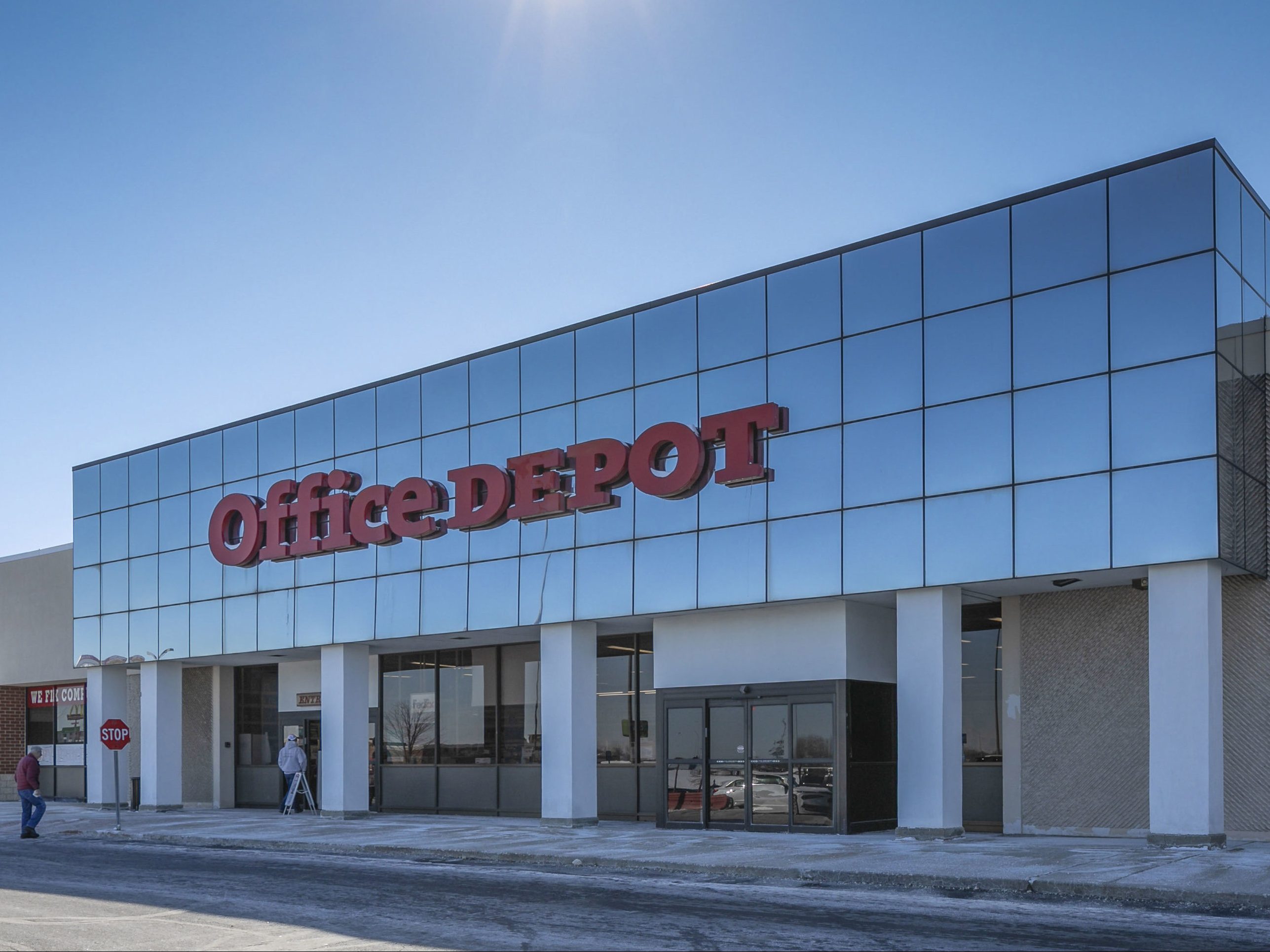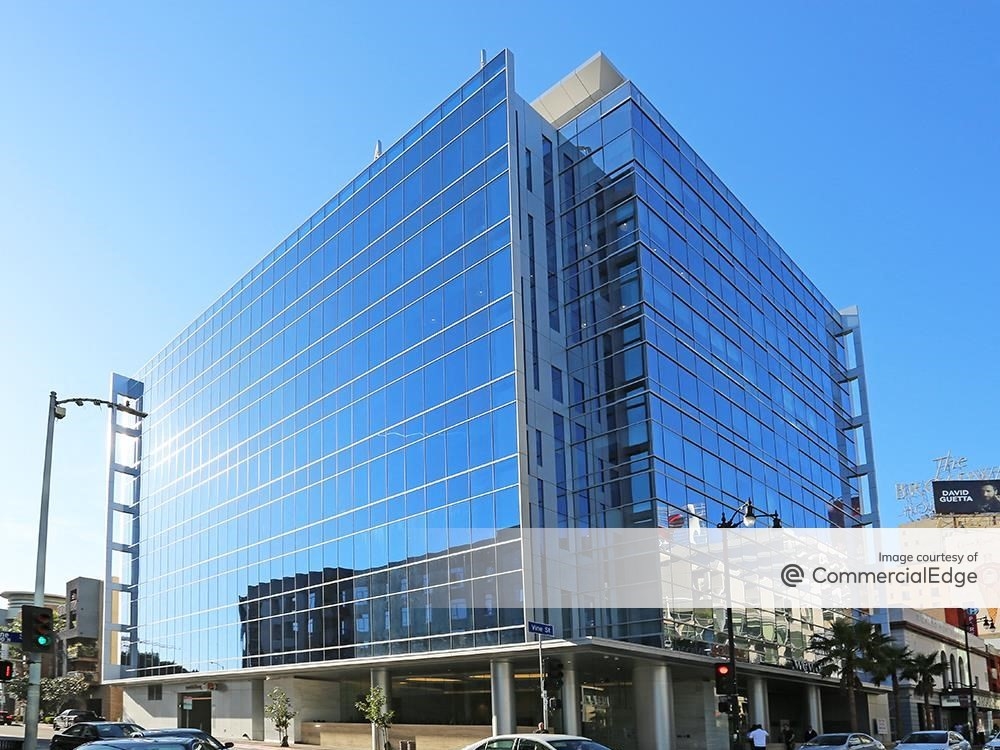REIT Leaders Speak Out at NYU Conference
The event offered a rare opportunity to eavesdrop on conversations with Debra Cafaro, Sam Zell, Hamid Moghadam and Barry Sternlicht. Here are the highlights.
CEOs that have guided their companies through stormy and sunny conditions alike participated in a rare series of in-depth, one-on-one conversations this week.
During the 25th annual REIT conference organized by the Schack Institute of Real Estate at New York University, Debra Cafaro, Hamid Moghadam, Barry Sternlicht and Sam Zell offered thought-provoking insights on today’s most pressing topics: prospects for the economy, the impact of the pandemic and what’s ahead for major asset categories. Here are the highlights.
Debra Cafaro, Ventas
(In conversation with Robin Pankova, co-chair of the real estate and REIT merger & acquisition groups at Wachtell, Lipton, Rosen & Katz)
On economic prospects: “Right now we are really poised for a breakout in the economy,” she said. Though corporate activity is likely to be muted for some time, a combination of renewed consumer spending boosted by the government stimulus package and potential massive government investment in infrastructure will contribute to the recovery.
Pandemic perspective: Because of its health-care-centered business areas, Ventas has been as close to the front lines of COVID-19 as possible for a real estate company, she noted.
“We need to stay the clinical course a little while longer, even though we have efficacious vaccines.” One concern: The reluctance of large cohorts to get vaccinated puts the economic recovery and public health at risk. “The economy can’t reach its potential until we get the clinical aspects of the pandemic under control.”
Fallout from the pandemic: As workers and employers discover the potential for the flexibility offered by work-from-home, “The desire to be close to work will be dissipated somewhat … I think people are seeing the benefits of a little more space, and that is going to stick for a while.”
Life science boom: Cafaro noted that the pandemic has put an exclamation point on the sector’s vibrancy. Capital flows are at record levels, and Ventas has made significant investments recently, such as the $1 billion acquisition last fall of a life science facility in South San Francisco. The company’s holdings encompass 9 million square feet in three of the top five life science markets. As efforts expand to treat those illnesses and extend life, demand for facilities will continue to grow, Cafaro said.
Experience counts: A benefit of longevity in business, she noted, is that “you get experience in crisis management,” observed Cafaro, who has led Ventas since 1999. “You have to have the courage to act.” When the pandemic started to unfold, Ventas took steps to preserve capital, putting development on hold and halting investment activity.
READ ALSO: REIT CEOs Highlight Silver Linings at NYU Schack Conference
Hamid Moghadam, Prologis
(In conversation with Adam Emmerich, conference’s co-chair & partner at Wachtell, Lipton, Rosen & Katz)
Builder’s mindset: To be in the game today, industrial space operators must be developers. “If you don’t develop, you pretty much don’t have very much product to sell,” he noted. Occupancy for the Prologis portfolio is north of 90 percent at any given time, meaning that the investor must continuously bring new inventory online.
Of the three major aspects of development—acquiring and entitling land, building the product and securing the end user—the first is the most challenging. Conditions in Prologis’ global footprint vary widely; in Europe, for example, entitlement itself is relatively straightforward, the challenge is that much of the land on the continent is under government control.
Focus factor: AMB Property Corp., a Prologis predecessor firm, owned retail and office assets before exiting those areas two decades ago. “If you’re going to operate well … and have a competitive business you need to be focused.”
Nevertheless, the logistics sector can profitably overlap with other asset categories. Prologis has converted logistics facilities to data centers, office campuses and life science facilities, then sold the assets.
Since the e-commerce supply chain requires about three times as much space as brick-and-mortar retail, that has ratcheted up demand for logistics product. Growth in demand may level off once the economy opens up, but Moghadam noted that the pandemic has introduced a new generation to online retail.
New life for retail: Can vacant stores help meet stepped-up demand for last-mile facilities? Moghadam is skeptical. “You’ll pretty much have to look at 100 assets before you come up with one that is a candidate for conversion,” he said. But brick-and-mortar retailers can still conduct e-commerce by, for example, using their existing facilities as last-mile pickup sites.
On-shoring rumors, global realities: Moghadam questions the idea that the pandemic is leading a large-scale wave of domestic manufacturing. “I don’t listen to politicians—I look at the numbers,” he said. Notwithstanding a rise in pharmaceuticals and personal protective equipment manufacturing, the trade deficit is larger and trade overall is up. “Fundamentally we’re in a global economy,” he observed.
Sam Zell, Equity Group Investments
(In conversation with Sam Chandan, academic dean of the New York University SPS Schack Institute of Real Estate)
Economic snapshot: “I would expect a very positive subsequent 12 months, obviously (assisted) by the largesse of the COVID-19 recovery bill, which is a small amount of COVID-19 and a large amount of everything else.” The immediate impact of freeing things up is positive; “What we don’t know is what happens next.”
Causes for concern: While Zell welcomed the aspects of the $1.9 trillion federal aid package that are directed at pandemic relief, he remains “very distressed” to see so much of the package directed toward “a lot of different interests that have nothing to do with COVID-19.”
“We have been on a debt-issuing binge” for the past 40 years, he noted, and Zell is concerned about the lack of a strategy to change course. If unchecked, he warned, the trend risks the dollar’s reserve currency status.
More risky business: Naivete about policymakers and others, about potential for inflation and an enormous toll on the global economy. The degree of government interference in the economy is also worrisome. “The execution risk is as great as the policy risk. I would be an advocate of slowing the process down.”
Office sector: Getting people back to the office “very, very important;” Zell himself has continued to work at the office throughout the pandemic. The most painful stretch for the office sector, he predicts, will be “between the time people start coming back to the office and when it becomes a (full-fledged) movement.”
Flexible work schedules and other adjustments may be ahead for many office properties, but Zell doubts that the changes will amount to a wholesale change in the work environment.
COVID-19’s investment impacts: A lack of price discovery and a reduced number of transactions. “You wouldn’t want to put a hotel on the market right now.” To this point, banks haven’t pursued taking steps to take control of properties that are having problems.
Sectors at a glance: Industrial probably still offers upside; “Multifamily and mobile homes probably will be fine.” The recent wave of retail bankruptcies will be followed by liquidation, probably starting in the next six to eight months.
SPACs: Zell said he has one of the special purpose acquisition companies, quipping, “Usually, when everyone has one, it’s too many.” The vehicle “is not what I thought it would be when we first started it,” but, he added, “Maybe this is just a re-sowing of the seeds.”
READ ALSO: Pandemic Accelerates, Rather Than Starts, CRE Trends
Barry Sternlicht, Starwood Capital Group
(In conversation with Michael Bilerman, managing director & head of the real estate and lodging team at Citi)
The good news: Signs of a breakout economy: rising credit card debt, housing prices. “Consumers are ready to spend.”
What to watch: “Inflation is a real possibility because there’s so much money chasing stuff.” Combination of the flood of liquidity and low interest rates are “hugely stimulative.” That said, “The odds are higher rather than lower that inflation will show its face.” Proposed corporate tax increases will be followed by tax increases on individuals.
Cap rates might different down even though NOI is down. The industrial market is on fire. The office sector “is a market where you have to be very picky and cherry-pick.”
Points of worry: If the U.S. lost its reserve currency status, “That would be the end of the ballgame as we know it.” The fallout would be balanced government budgets and other drastic measures.
Foreign capital “really likes investing in New York and San Francisco; entrepreneurial capital is going to growth cities like Nashville and Austin.” On a recent visit to Austin, Sternlicht was struck to find that “everywhere you look, there’s a crane.”
Starwood’s strategy: “We invest micro with macro thinking … We are available to produce yield in a world that’s yieldless.” The firm is raising its largest fund ever, a vehicle that has already exceeded its $8 billion target and has produced a highly diversified investor pool.
Office outlook: “I do think people will come back.” The office is more than a place to work, he noted; it is a location of social interaction. As an alternative to the interactive nature of the physical workplace, Zoom falls short—“just tiring, and it’s not productive.” In New York City, he expects that 85 percent of office workers will return, although that trend wouldn’t address the vacancy rate.
Distress horizon: So far the market hasn’t generated much, but “as the world comes back, you’re going to see more distress, you’re going to see more sales.” Similar to the aftermath of the Great Financial Crisis a decade ago, “I think you’ll see a lot of assets moved in the next two years.”
Equities market: “It’s really become a giant casino” often characterized by market caps that far exceed cash flow. “The endgame is coming and it’s going to be unbelievably ugly. Something is going to pop the bubble.” Contrasting the boom-and-bust aura of the equities market with commercial real estate investment, he quipped, “You get rich slow—but hopefully you stay rich.”











You must be logged in to post a comment.